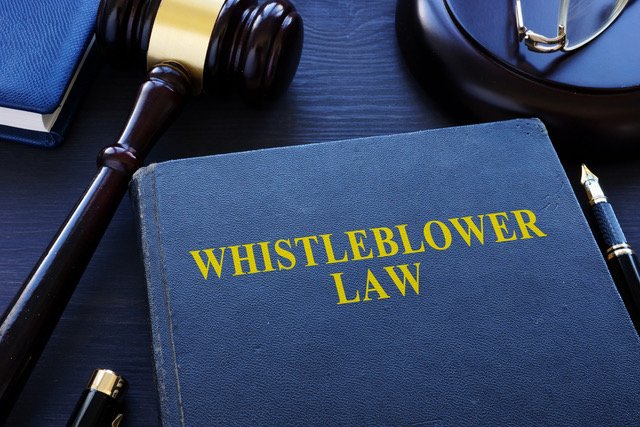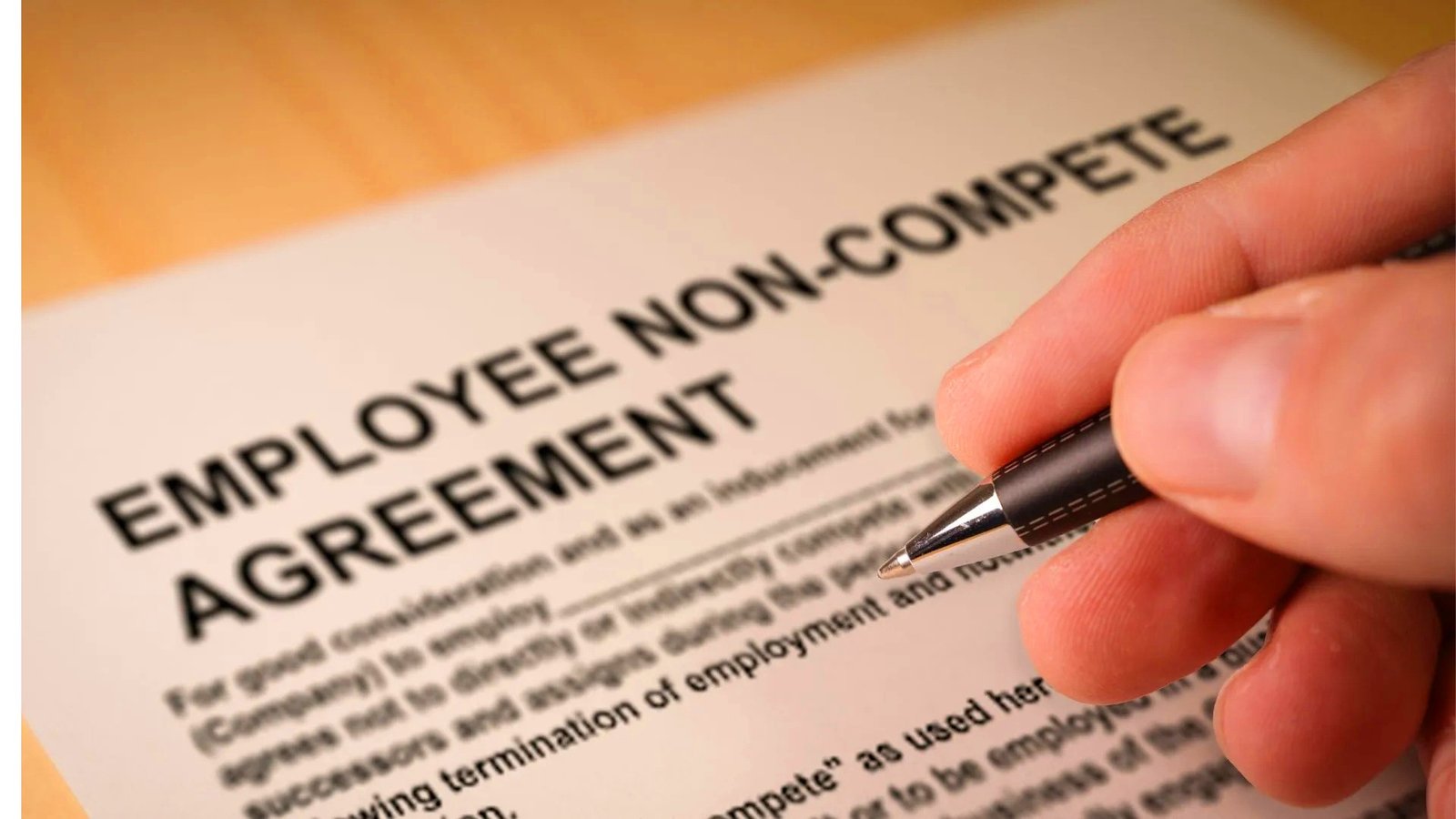Whistleblower Rewards and Protections

Whistleblowing, an act of moral fortitude, stands as a cornerstone in the edifice of corporate accountability and societal integrity. As individuals bravely step forward to expose wrongdoing within organizations, the concept of Whistleblower Rewards and Protections takes center stage. In this dynamic landscape, we explore the mechanisms that incentivize and safeguard those who choose to speak out against misconduct.
From financial inducements to legal shields, the interplay of rewards and protections becomes pivotal in fostering an environment where truth-telling is not only encouraged but safeguarded. This article navigates the intricate terrain of whistleblower dynamics, shedding light on the measures in place to both recognize and shield those who act as sentinels of ethical conduct.
Contents
- 1 What is Whistleblowing?
- 2 Types of Whistleblowing
- 3 The Role of Whistleblowers
- 4 Whistleblower Rewards
- 5 Laws and Regulations
- 6 Corporate Responses to Whistleblowing
- 7 Challenges Faced by Whistleblowers
- 8 Whistleblower Protections
- 9 Success Stories
- 10 The Ethical Aspect of Whistleblowing
- 11 Whistleblowing in the Digital Age
- 12 Global Perspectives on Whistleblowing
- 13 Public Perception and Awareness
- 14 Conclusion
- 15 FAQs
What is Whistleblowing?
At its core, whistleblowing involves individuals bringing to light wrongdoing, fraud, or any form of unethical behavior within an organization. This can range from financial irregularities to workplace harassment. Throughout history, whistleblowers have played a crucial role in unveiling hidden truths that impact not only the organization but society at large.
Types of Whistleblowing
Whistleblowing can take various forms, each with its own set of implications. Internal whistleblowing involves reporting misconduct directly to higher-ups within the organization, while external whistleblowing involves disclosing information to external entities, such as regulatory bodies or the media.
The Role of Whistleblowers
Whistleblowers act as the moral compass of an organization. Their courageous acts often lead to increased transparency, accountability, and improvements in organizational culture. Despite potential risks, whistleblowers play a pivotal role in fostering ethical business practices.
Whistleblower Rewards
Recognizing the challenges whistleblowers may face, many jurisdictions offer incentives for coming forward. These incentives can range from financial rewards to legal protections against retaliation. Whistleblower programs are designed to encourage individuals to report wrongdoing without fear of adverse consequences.
Laws and Regulations
Whistleblower protections are enshrined in various laws and regulations globally. In the United States, for instance, the False Claims Act and the Dodd-Frank Wall Street Reform and Consumer Protection Act provide legal frameworks safeguarding whistleblowers.
Corporate Responses to Whistleblowing
Forward-thinking organizations are establishing robust internal reporting mechanisms to encourage whistleblowing. Creating a culture that values transparency and accountability helps empower employees to speak up without fear of reprisal.
Challenges Faced by Whistleblowers
However, the journey of a whistleblower is not without challenges. Retaliation is a common fear, and the emotional toll on those who decide to blow the whistle can be significant. Organizations need to address these concerns to ensure a safe environment for reporting misconduct.
Read More: Understanding Whistleblower Protections: A Complete Guide
Whistleblower Protections
Legal safeguards are in place to protect whistleblowers from retaliation. Anti-retaliation measures, such as anonymity and confidentiality, aim to shield those who come forward with information that is in the public interest.
Success Stories
Highlighting success stories of whistleblowers who have made a positive impact reinforces the importance of their role. From uncovering corporate fraud to exposing environmental violations, these individuals have left a lasting legacy.
The Ethical Aspect of Whistleblowing
The decision to blow the whistle is not solely legal but also ethical. Whistleblowers often grapple with a moral dilemma, balancing loyalty to their organization with the greater responsibility of exposing wrongdoing that could harm the public or the environment.
Whistleblowing in the Digital Age
Technology has revolutionized the whistleblowing landscape. Online platforms and secure communication channels provide whistleblowers with new avenues to report misconduct, ensuring a timely and secure process.
Global Perspectives on Whistleblowing
While whistleblower protections exist in many countries, the degree of safeguarding can vary significantly. International efforts are underway to standardize protections, recognizing the global impact of whistleblowing on corporate governance and societal trust.
Public Perception and Awareness
Shaping public opinion about whistleblowers is crucial. The media’s portrayal of these individuals influences how society views whistleblowing. Creating awareness about the importance of whistleblowing in maintaining a healthy, accountable society is key.
Read More: How to Protecting Civil Rights in the Workplace 2023
Conclusion
In conclusion, whistleblowers are unsung heroes who play a vital role in maintaining the ethical fabric of organizations and society. Whistleblower rewards and protections are essential elements in encouraging individuals to step forward and contribute to a culture of integrity and transparency.
FAQs
Are whistleblowers always rewarded financially?
While financial rewards are common, some whistleblowers may receive other forms of recognition or legal protections.
How can organizations create a whistleblower-friendly culture?
Organizations can foster a culture of openness by establishing clear reporting mechanisms, ensuring confidentiality, and promoting non-retaliation policies.
What legal protections do whistleblowers have against retaliation?
Whistleblowers are protected by laws such as the False Claims Act and the Dodd-Frank Act, which prohibit retaliation and provide avenues for legal recourse.
Is whistleblowing only about financial misconduct?
No, whistleblowing can encompass a wide range of misconduct, including ethical violations, workplace harassment, and environmental negligence.
How can individuals safely blow the whistle in the digital age?
Utilizing secure online platforms and maintaining anonymity where possible can help individuals safely report misconduct in the digital era.




